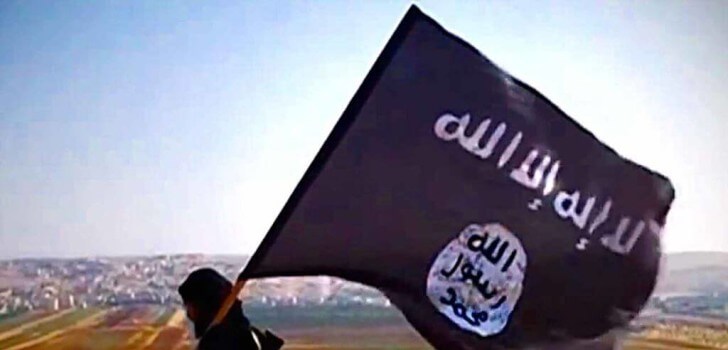Presidential candidates and many members of Congress are pushing harder than ever for the U.S. to provide a stronger military action against ISIS. But Pentagon leaders and advisers warn that a reckless escalation of the war against ISIS could help the terrorists recruit Muslims across the globe.
The predicament has only gotten more tense since last week’s mass shooting in San Bernardino, which was caused by self-radicalized ISIS sympathizers. The danger posed by these types of terrorists is one major reason that the United States and its allies refrained from bombing ISIS’ headquarters in Raqqa, Syria and why President Obama told the American public on Sunday night that an overreach of the military could lead to ISIS “using our presence to draw new recruits.”
Yet, Army Brig. Gen. Michael Kurilla, the deputy director of special operations and counterterrorism on the Joint Chiefs of Staff said in October that, “If you’re killing 1,000 a month in strikes and they’re replacing them at 2,000 a month, that’s not good math.”
Paul Pillar, a retired top U.S. government intelligence analyst pointed out that, “There are inherently conflicting considerations here. Some form of military actions plays right into ISIS’ hands. That has to be balanced with whatever positive happens from military force.”
Those concerns are not stopping members of Congress and presidential candidates from pushing back.
Republican Presidential candidate Ted Cruz told supporters that, “We will utterly destroy ISIS. We will carpet-bomb them into oblivion. I don’t know if sand can glow in the dark, but we’re going to find out!”
GOP front-runner Donald Trump has vowed to “quickly and decisively bomb the hell out of ISIS.”
ISIS has pounced on its perceived failure to act by the United States, saying that Obama’s refusal and unwillingness to send ground troops shows American weakness. The terrorist group is also purposely operating in areas where it knows innocent civilians will be placed at risk from the air and drone strikes of the United States and its allies.
Following Obama’s public address, one ISIS supporter tweeted that, “This is a success for the Islamic State in creating a ‘balance of terror’ with the strongest military force in the world.” Another supporter openly mocked Obama, describing him as a “crusader” who “is afraid of sending his dogs to fight the [Islamic] State.”
Yet, there are supposed risks if the U.S. wages a more comprehensive military campaign against the terrorist group, according to J.M. Berger, a specialist in radical Islamic terror groups.
He points out that, “If ISIS is displaced from its state, there is a high risk of increased terrorism in the short term, and a risk we might need to go to Libya or Nigeria in the not-too-distant future if ISIS’ center of gravity just moves to one of those locations.”
